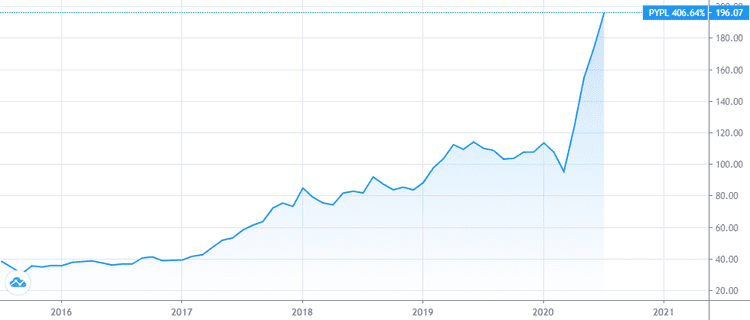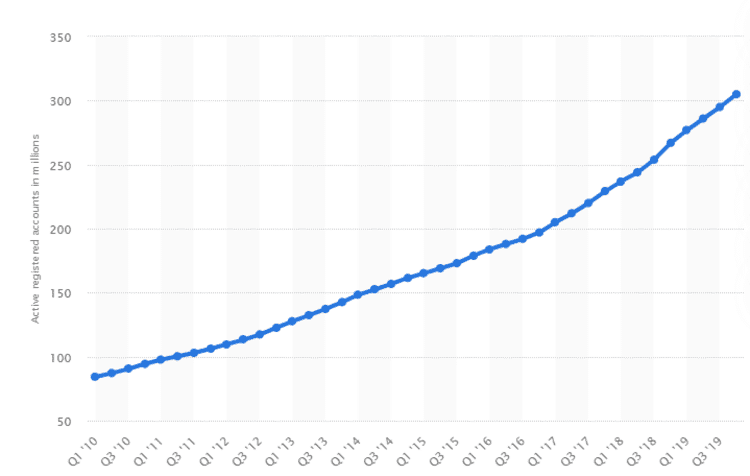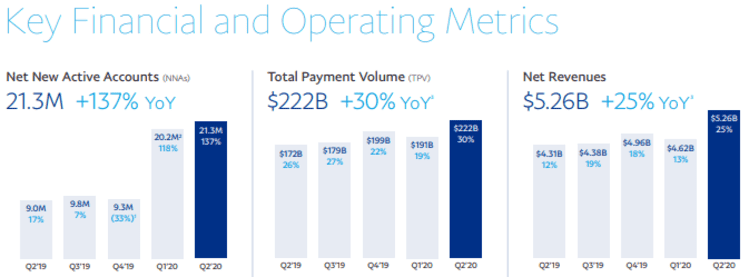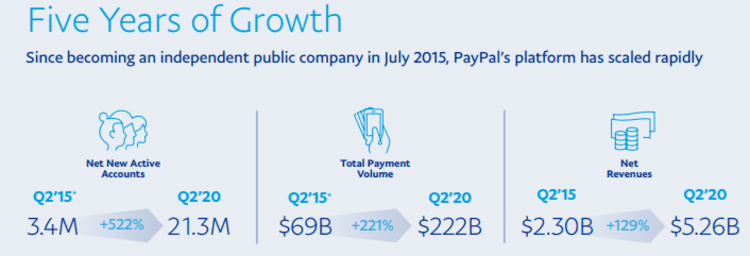PayPal: A New Hope for the Crypto Community?

Paypal, as well as many other major companies in the world, did not stay away from the cryptocurrency agenda, although it was late with this solution in comparison with other competitors. The company was originally one of the partners of Facebook's Libra project, subsequently leaving it, like many others did. Now, the payment giant has planned its own service for payments in cryptocurrencies.
With each passing year, more and more companies are testing and implementing crypto services in their work or creating new products. According to experts, at some point, this will lead to the massive adoption of crypto payments and the creation of a global currency. This did not happen with Bitcoin, Ethereum, and all other active cryptocurrencies — meanwhile, TON and Libra are left out. Now Paypal is trying to spread the cryptocurrency through its giant client base, which has already exceeded 300 million users.

Wayne Chen, CEO of fintech company Interlapse comments:
“PayPal’s plan to roll out direct sales of virtual currency will have a huge uplift in driving mass adoption. Although PayPal started as a remittance platform for facilitating payments, they have transformed much bigger into more of a pseudo-bank. Everything can be through their self-serve online product app. This makes their customers the right demographic to learn, understand and embrace virtual currencies. As opposed to banks, where it has a mix of online and traditional customers that still require in-person, in-branch banking. This move can start a trend for adoption of a new global currency. Ultimately paving the way for traditional institutions to jump on the same trend.”
PayPal operates in almost every country in the world and is the largest debit electronic payment system. For clarity, below are the basic data on the company.
Brief:
- Year established: 1998
- Number of employees: 23,200
- Number of users: more than 300 million
- Covering the countries: 202
- Market cap: $ 230 billion (~ 40th in the world)
The company recently introduced the report for the Q2 2020. Despite the crisis, the period was the best in history in terms of financial and operational performance. Below is the data in relation to the same quarter last year:
- New accounts: 21.3 million (up 137%)
- Payments: $ 222 billion (an increase of 30%);
- Revenue: $ 5.26 billion (up 25%);
- Net income: $ 1.53 billion (up 86%).
The first three indicators in the quarterly breakdown on the charts below:

The company also said it expects to close the year with the total revenue growth of 22% YoY, and net profit by 25%. The comparison over 5 years looks more impressive for the same metrics:

After the release of the report, the market has reacted appropriately, breaking new records. Below is a NASDAQ stock price chart (ticker: PYPL):

In mid-July, PayPal announced the planned launch of a cryptocurrency trading service. The product will be implemented in the existing facilities. The company intends to use its mobile payment service Vento. Paxos, an American firm that launched a crypto-brokerage platform, which Revolut has already joined, has been chosen as a partner. In connection with the development of a new service, PayPal announced the search for several blockchain specialists.
The situation is commented by Adam Trademan, CEO of BRD, one of the first Bitcoin wallets in the app store:
“Major companies like WhatsApp, Square, Robinhood, Fidelity, and others adding support for digital assets is a huge social validator to the industry. The more bridges that exist to what consumers already use, the faster the rate of adoption. These household names are crucial to getting digital assets into the hands of consumers because to get consumers to understand something radically new, you have to deliver it to them in something known or old. The demand for experienced blockchain engineers continues to grow. Blockchain engineers are difficult to find and highly valuable. Hiring a team of experienced blockchain developers is not an easy task and many have been in the space for a while, hence, already employed at existing blockchain-focused companies.”
The colossal growth of active users increases the chances of PayPal to include in its client base those who download the application only because of the opportunity to pay for a product or service with Bitcoin or Ether. Some point out that PayPal cannot be compared ideologically with TON or Libra, because it only adds the ability to make payments with other cryptocurrencies and does not create its own native token. However, the company may be acting in the best interests of shareholders, while the creation of a global cryptocurrency is now associated with financial losses and reputational risks.
Jerry Chan, CEO of TAAL, a blockchain infrastructure and service provider, weighs in:
“I think that the move to digital payments is very much a direction that the industry is shifting towards, though I believe that the industry for using digital currencies as payments is still immature. While incumbents such as PayPal getting into the space is a positive sign, the marked difference is that they are acting more as a broker for users to buy digital assets, and not using digital currencies for their intrinsic ability as a method of payment.”
Likely, the emergence of neobanks, crypto brokers, the use of crypto payments by traditional IT giants will give impetus to the market, which can no longer be drowned out by legislative manipulations, and over time, payment with crypto currencies will become a new ubiquitous norm. PayPal will soon have a hand in this.
Image courtesy of Finance Magnates